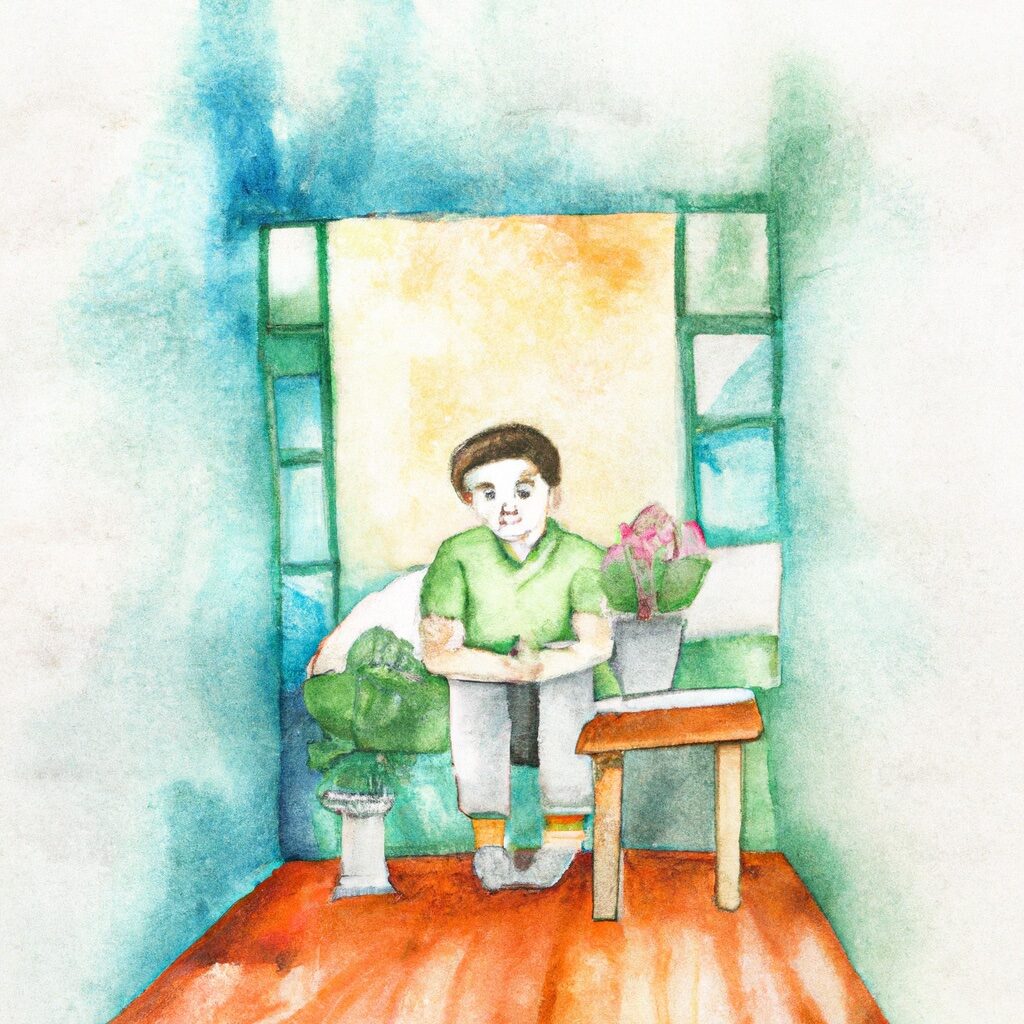Introverts are often misunderstood as being shy or anti-social. However, introversion is not the same as shyness. It is a personality trait that is characterized by a preference for solitude and a need for less stimulation compared to extraverts. While extraverts thrive on social interactions and external stimuli, introverts find solace in being alone and in quiet environments. But why do introverts love being alone? Here’s the science.
The Science of Introversion and Extraversion
Psychologists have long studied the differences between introverts and extraverts. According to the Big Five personality traits theory, introversion and extraversion are two of the five major dimensions of personality. Introverts are described as being reserved, introspective, and thoughtful, while extraverts are outgoing, sociable, and assertive.
The Introvert Brain and Its Response to Stimuli
Research has shown that introverts and extraverts have different brain responses to stimuli. Introverts have a lower threshold for stimulation, meaning they are easily overwhelmed by too much noise, light, or activity. In contrast, extraverts require more stimulation to feel alert and engaged.
Studies have also found that introverts have more gray matter in their prefrontal cortex, which is responsible for processing complex thoughts and solving problems. This suggests that introverts may be better at tasks that require concentration, analysis, and focus.
The Benefits of Solitude for Introverts
For introverts, solitude is not a negative experience, but rather an opportunity to recharge and reflect. Being alone allows introverts to engage in activities that they enjoy without the pressure of socializing or performing. They can read, write, listen to music, or simply daydream without interruption.
Research has shown that solitude has numerous benefits for introverts. It can reduce stress, improve creativity, and enhance problem-solving skills. Solitude also allows introverts to develop a deeper understanding of themselves and their emotions.
n conclusion, introverts love being alone because their brains are wired to prefer solitude and to respond differently to stimuli compared to extraverts. Solitude provides introverts with a sense of peace, reflection, and creativity that they may not find in social situations. So the next time you see an introvert enjoying their alone time, remember that they are not anti-social, but simply recharging their batteries in their own unique way.

Citations:
– Costa, P. T., & McCrae, R. R. (1992). Revised NEO Personality Inventory (NEO-PI-R) and NEO Five-Factor Inventory (NEO-FFI) professional manual. Psychological Assessment Resources.
– Cain, S. (2012). Quiet: The power of introverts in a world that can’t stop talking. Broadway Books.
– Raichle, M. E. (2015). The brain’s default mode network. Annual review of neuroscience, 38, 433-447.
– Wilson, R. S., Krueger, K. R., Arnold, S. E., Schneider, J. A., Kelly, J. F., Barnes, L. L., & Bennett, D. A. (2007). Loneliness and risk of Alzheimer disease. Archives of general psychiatry, 64(2), 234-240.